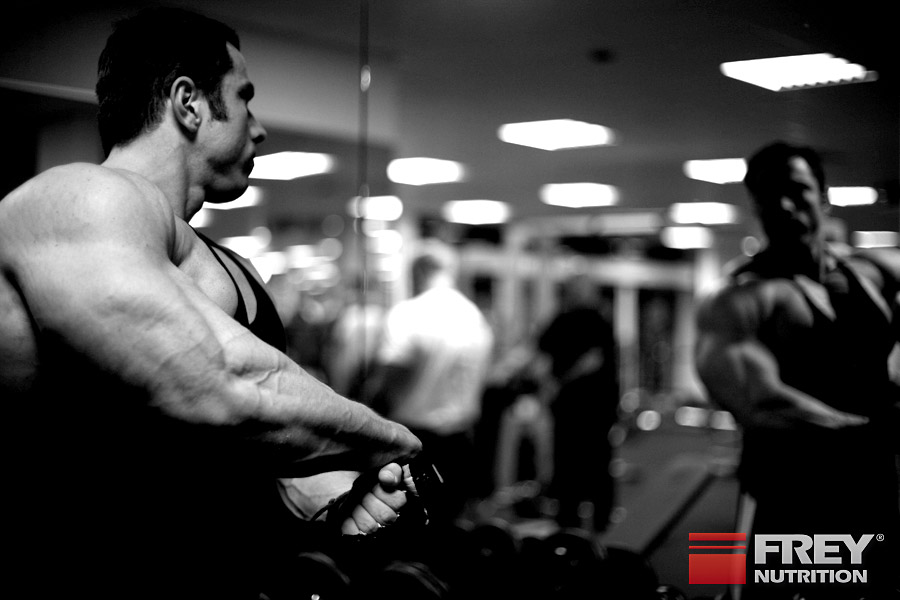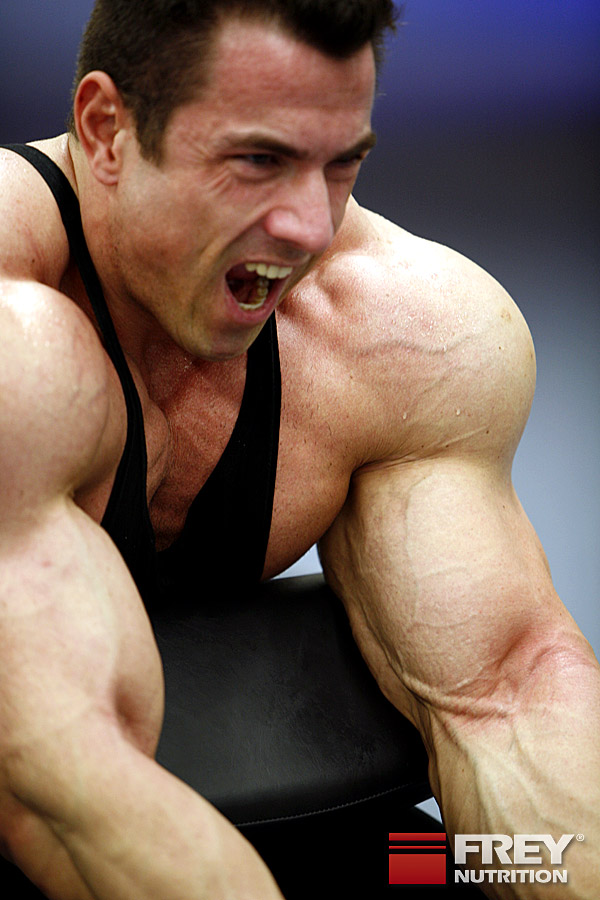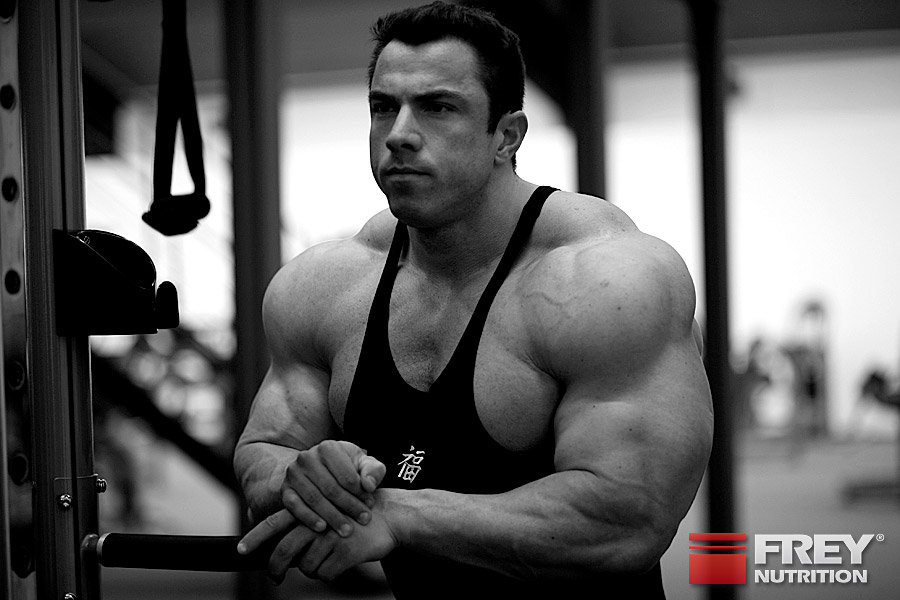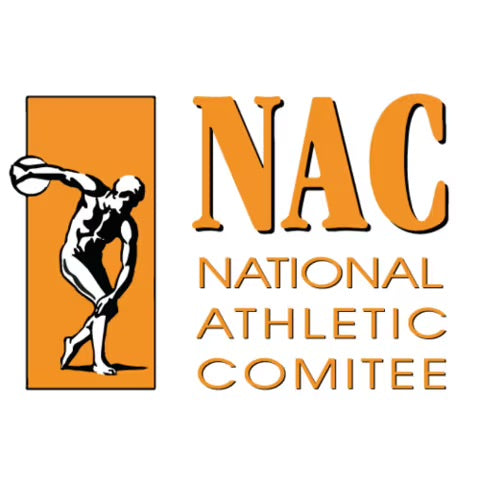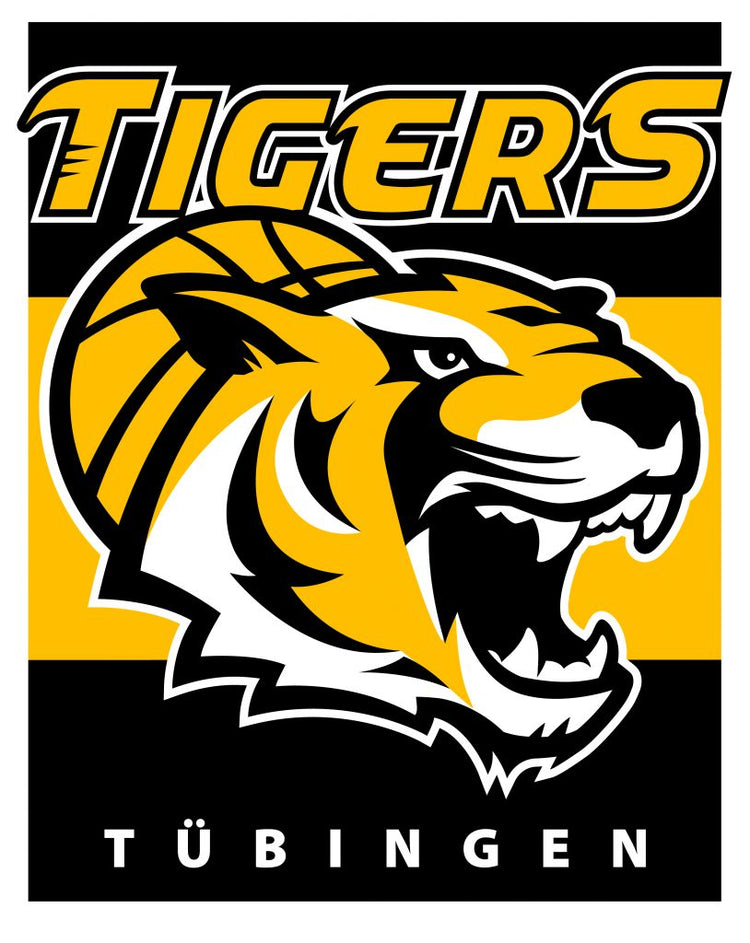WHY THE BLOOD GROUP DIET IS NOT FOR ME AND WHICH NUTRIENTS ARE PARTICULARLY IMPORTANT IMMEDIATELY AFTER A WORKOUT.
Will you tell the readers your blood type or do you even know that of other professionals? And what do you think of this type of diet? Have you already had any experience with it?
ANSWER

WHICH NUTRIENTS ARE IMPORTANT AFTER TRAINING?
Don’t carbohydrates make you fat after training?
ANSWER
If you do not compensate for this loss with a so-called post-workout meal (= the first meal after training), the body cannot initiate the recovery phase. This leads, among other things, to a halt in muscle growth and, in the long term, to overtraining. That is why I recommend an appropriate intake of nutrients directly after training, i.e. before showering - the sooner this happens, the better and faster the body can initiate the recovery phase. For a body weight of 80 kilos, for example, the post-workout meal should look like this:
- 80g MALTODEXTRIN
- 50g WHEY PROTEIN
- 8 capsules BCAAAS
- possibly 5 g CREATINE
At other times of the day, a product like PROTEIN 96 Sinn, which contains milk protein, whey protein concentrate, whey protein isolate and egg albumin. These types of protein provide the muscle cells with their valuable building blocks for muscle growth in the long term. They are particularly recommended to be taken at bedtime; also to prevent muscle loss.




